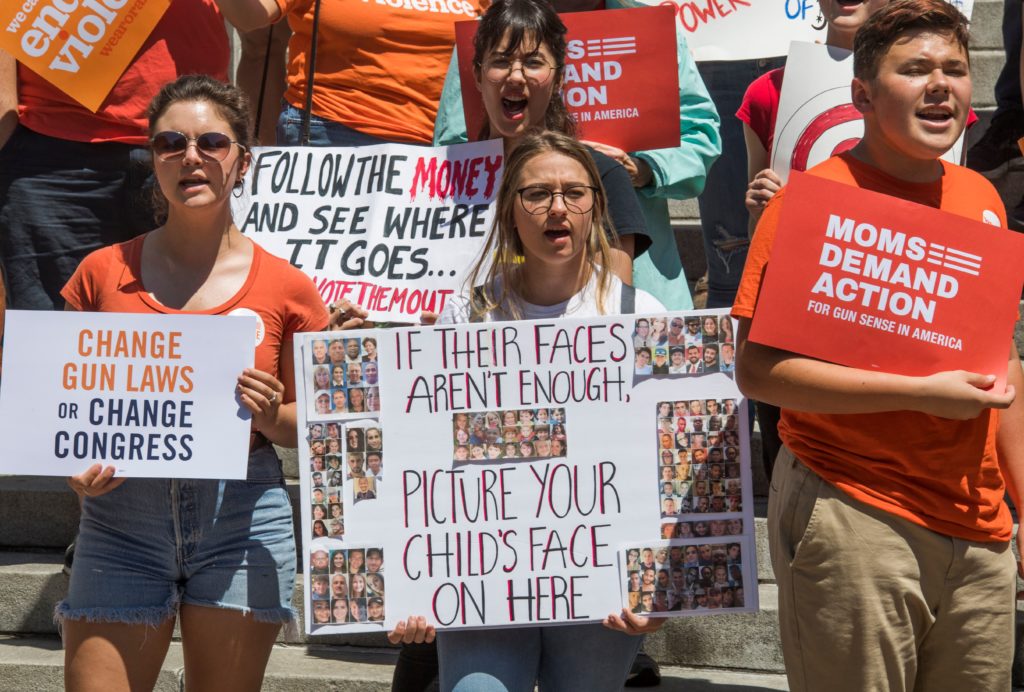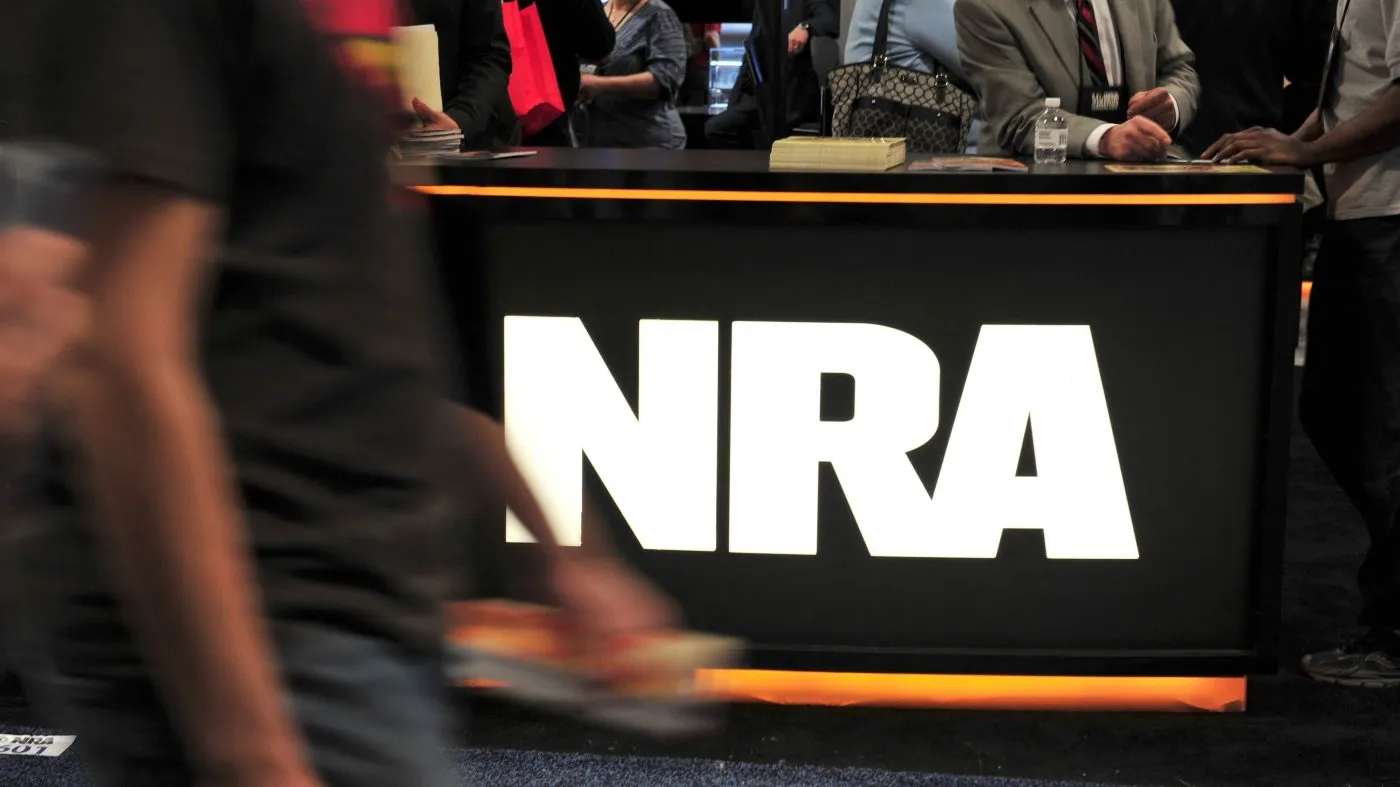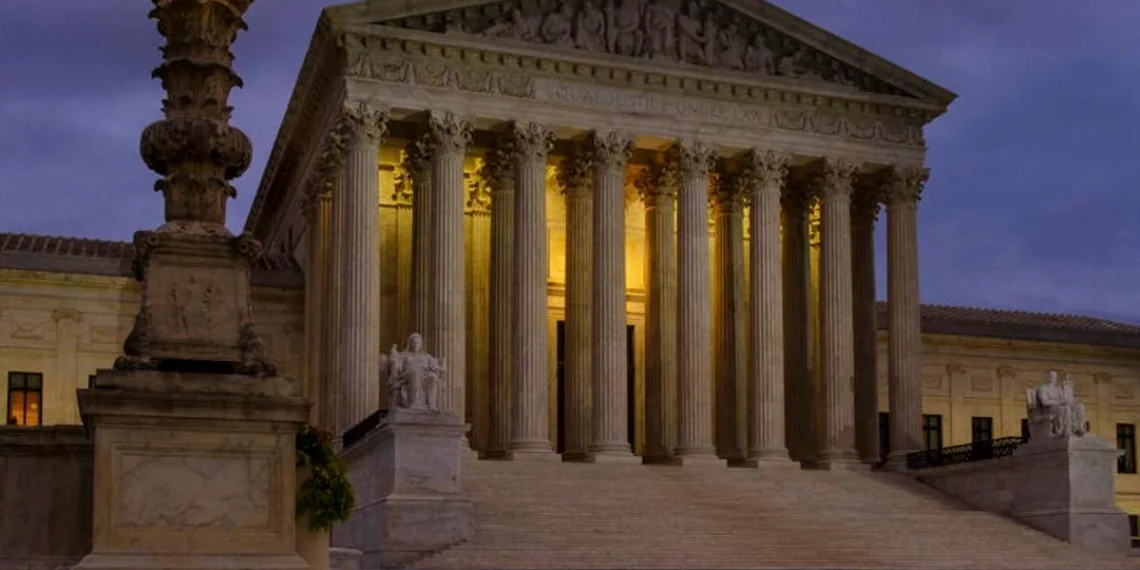The U.S. Supreme Court is poised to deliberate on whether a former New York state official can be held liable for allegedly infringing upon the National Rifle Association’s (NRA) free speech rights.
The NRA‘s lawsuit stems from accusations that Maria Vullo, New York’s former superintendent of financial services, pressured financial institutions to sever ties with the NRA due to its advocacy for gun rights, following the Parkland school shooting in 2018.
At the heart of the case is whether Vullo abused her regulatory authority to coerce financial entities into dissociating from the NRA, a move the organization claims violated its First Amendment rights.

The NRA, a nonprofit organization registered in New York but headquartered in Virginia, contends that Vullo’s actions constituted an “implicit censorship regime,” aimed at stifling its advocacy work.
Vullo’s involvement included urging banks and insurers to reconsider their connections with pro-gun groups post-Parkland.
Subsequently, her office imposed hefty fines on insurers offering NRA-endorsed products, deeming them illegal under New York law. This move prompted insurers to cease offering such products, further aggravating the NRA’s grievances.
While Vullo maintains that her statements fell within the bounds of permissible persuasion, a federal judge initially dismissed most claims against her, but two free speech claims survived. However, the 2nd U.S. Circuit Court of Appeals later ruled in favor of Vullo, prompting the NRA’s appeal to the Supreme Court.

The NRA’s lawsuit, seeking unspecified damages, has drawn attention as it underscores the ideological clash between gun rights advocacy and regulatory oversight.
With the Supreme Court’s conservative majority, the case carries significant implications for the interpretation of free speech in the context of regulatory actions against advocacy groups.
This case adds to the ongoing debate over gun control in the U.S., particularly amidst a spate of mass shootings. The Supreme Court is expected to render decisions on key gun rights cases, including the legality of “bump stocks” and firearm possession under domestic violence restraining orders, by June.





